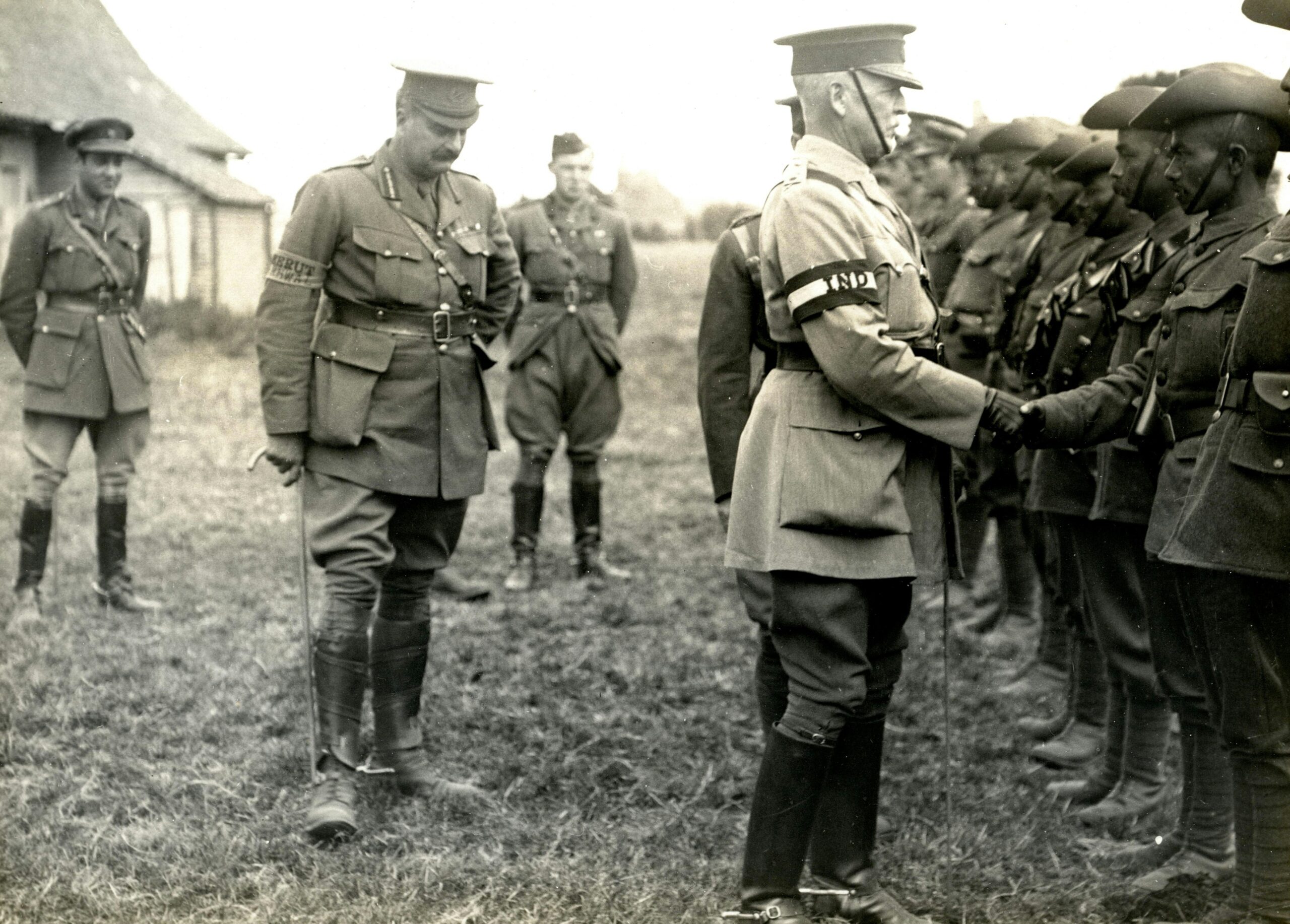**Historical Significance of Olympic Games**
The Olympic Games, spanning over a century of modern history, embody a profound cultural, social, and political significance that transcends mere athletic competition. Originating in ancient Greece around 776 BC, the Games were a celebration of physical prowess and honored the gods. The modern Olympics, revived in 1896, continue this tradition on a global scale, fostering unity and friendly competition among nations.
**Ancient Origins and Revival**
– **Ancient Greece**: The ancient Olympics were held in Olympia, honoring Zeus and showcasing athletic excellence among Greek city-states. These Games included events like running, wrestling, and chariot racing, drawing competitors and spectators from across the Hellenic world.
– **Revival in Modern Era**: Pierre de Coubertin, a French educator, spearheaded the revival of the Olympics in 1896 in Athens. He aimed to promote international understanding and peace through sport, reviving the ancient tradition in a modern global context.
**Cultural Impact**
– **Promotion of Peace**: The Olympic Truce, originating from ancient Greece, aimed to halt conflicts during the Games, fostering a temporary ceasefire among warring states. This tradition continues symbolically today, promoting peaceful dialogue and diplomacy.
– **Cultural Exchange**: The Olympics serve as a platform for cultural exchange, allowing athletes and spectators to interact across national and cultural boundaries. This interaction fosters mutual understanding and appreciation of diverse cultures.
**Social Significance**
– **Advancement of Gender Equality**: The Olympic movement has played a pivotal role in promoting gender equality in sports. The introduction of women’s events and increasing participation of female athletes highlight progress towards inclusivity and equal opportunity.
– **Inspiration and Role Models**: Olympic athletes inspire millions globally through their dedication, perseverance, and achievements. They serve as role models, promoting values of discipline, determination, and sportsmanship.
**Political Influence**
– **Cold War Rivalry**: During the Cold War, the Olympics became a stage for political rivalry between the United States and the Soviet Union. The 1980 Moscow and 1984 Los Angeles Games were notable examples where political tensions influenced participation and outcomes.
– **Boycotts and Protests**: Throughout history, nations have employed Olympic boycotts or protests to convey political messages. The 1968 Mexico City Games saw iconic protests by Tommie Smith and John Carlos, highlighting racial inequality in the United States.
**Economic Impact**
– **Infrastructure Development**: Host cities invest heavily in infrastructure and facilities, driving economic growth and urban development. The Games often leave a lasting legacy of improved transportation, housing, and tourism infrastructure.
– **Tourism and Global Exposure**: Hosting the Olympics boosts tourism and attracts global attention, showcasing the host country’s culture, landscapes, and hospitality on an international stage.
**Environmental Awareness**
– **Sustainability Initiatives**: In recent decades, the Olympics have prioritized environmental sustainability. Host cities implement green technologies, promote recycling, and aim for carbon neutrality to minimize environmental impact.
**Conclusion**
The Olympic Games represent far more than athletic competition; they symbolize unity, cultural exchange, and global cooperation. From ancient Greece to the modern era, the Games have evolved, leaving an indelible mark on history. Through their cultural, social, and political significance, the Olympics continue to inspire generations worldwide, promoting values of peace, diversity, and excellence.
By celebrating the achievements of athletes and fostering international camaraderie, the Olympics serve as a testament to the enduring power of sport in shaping a better world for all.












